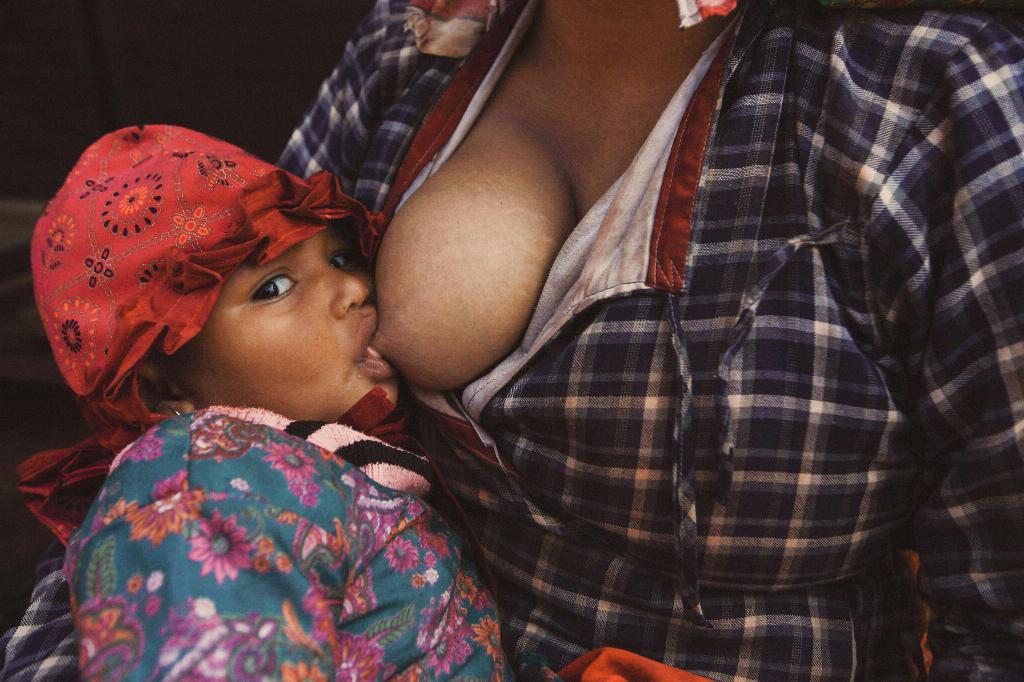As a new mother, taking care of your baby’s needs often becomes the top priority. However, it’s crucial to remember to also take care of yourself, especially when it comes to hydration. Dehydration can have several effects on your health and well-being, particularly while you are breastfeeding.
When you don’t drink enough water while breastfeeding, it can lead to dehydration. Dehydration can affect your energy levels, leaving you feeling fatigued and drained. This can make it challenging to keep up with the demands of caring for a newborn baby.
In addition to impacting your energy levels, dehydration can also affect your mood. It may leave you feeling irritable, anxious, or even depressed. Staying hydrated is essential for maintaining a positive mental state during this demanding period.
Furthermore, inadequate water intake while breastfeeding can also impact your skin health. Dehydration can make your skin appear dull, dry, and less vibrant. Proper hydration is essential for maintaining healthy skin, which can contribute to your overall sense of well-being.
While slight dehydration may not directly affect breast milk production, it can still impact the quality of the milk produced. Staying properly hydrated ensures that your body can efficiently produce the necessary milk for your baby’s nourishment.
On the other hand, it’s crucial not to overhydrate by consuming excessive amounts of water. Chugging water excessively can lead to a condition called water intoxication, which can be harmful to both you and your baby.
It’s recommended that breastfeeding mothers drink water whenever they feel thirsty and aim to consume an adequate amount throughout the day. The amount of water needed can vary depending on factors such as climate, activity level, and individual metabolism.
Incorporating hydrating foods such as fruits and vegetables can also contribute to your overall water intake. Foods like watermelon, cucumber, and oranges can provide additional hydration to support your body’s needs while breastfeeding.
If you are experiencing signs of dehydration, such as dark urine, dry mouth, or dizziness, it’s essential to increase your water intake promptly. Ignoring these signs can lead to further health complications and impact your breastfeeding journey.
Remember that staying hydrated is not only important for your own health but also for the well-being of your baby. By prioritizing your hydration needs, you can ensure that you have the energy and vitality to care for your little one with love and dedication.
In conclusion, maintaining proper hydration while breastfeeding is crucial for your overall well-being. From supporting your energy levels to enhancing your skin health, staying hydrated plays a significant role in your ability to navigate the challenges of motherhood with strength and resilience.

